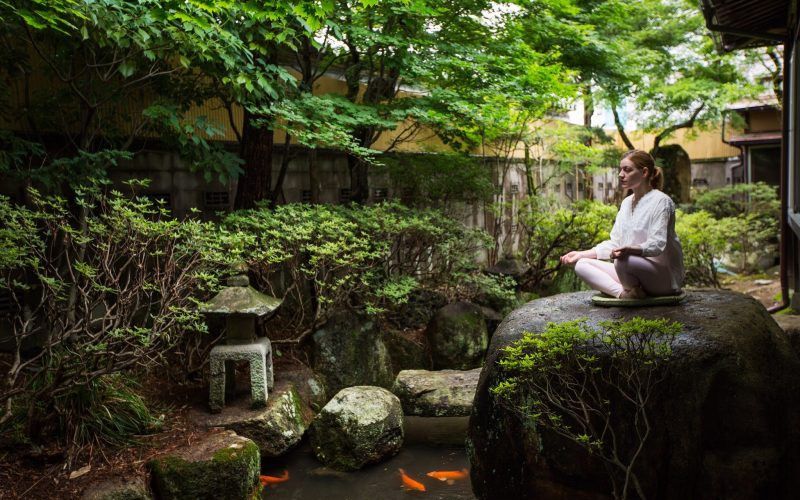The Japanese word shukubo literally means “sleeping with the monks.” Shukubo is an accommodation experience in which the traveler lodges within a Buddhist temple. It often includes lessons in vegetarian or vegan cooking called shojin ryori, an opportunity to observe the daily life of Buddhist monks, and morning religious rituals.
According to some surveys, Japan is considered a nonreligious nation. For example, in one 2017 survey, 52.4 percent of respondents reported that they did not belong to a religion. Despite this fact, Japan is a country with deep religious roots. Buddhist and Shinto influences can be seen in Japan’s architecture, tradition, and the religious rituals practiced by adherents.
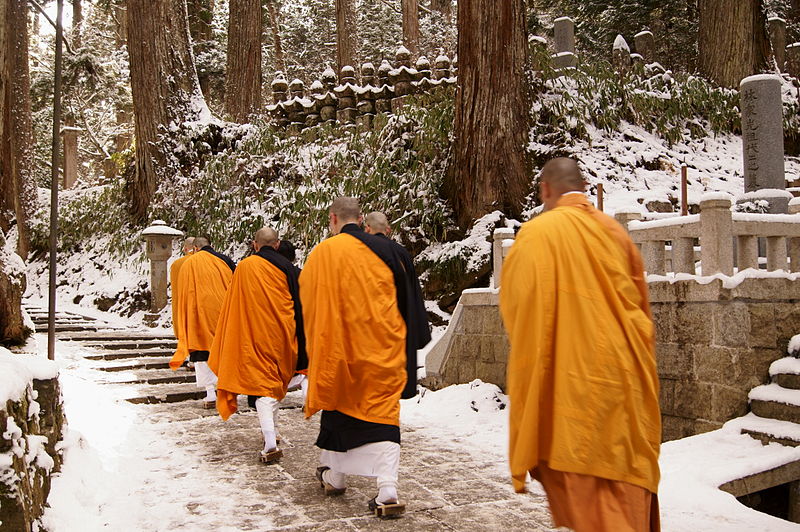
Learn about Shukubo, an experience that some Western travelers are indulging in to better understand the mysteries of faith in Japan.
Temple lodging in Japan
Despite the austere reputation of the temples, you will find all of the traditional Japanese comforts. Your room will include tatami floor mats, sliding fusuma doors, a futon, a blanket, a lamp, a heater if necessary, and the like.
As with traditional ryokan inns, there are a number of Western conveniences that will be conspicuously absent. Do not expect your room to include a radio or television. You won’t have a private bathroom, either – instead, you will share a common restroom with other guests.
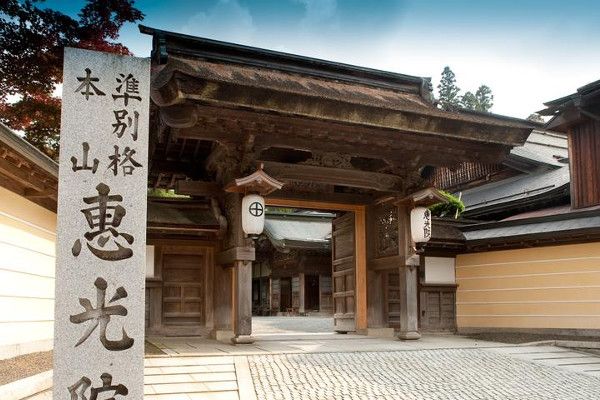
The greatest concentration of Shukubo are in West-center Japan, specifically Koyasan of the Wakayama prefecture. There, more than 50 temples offer Shukubo. Any area famous for pilgrimage may offer Shukubo lodgings.
You can easily reach the Shukubo temples of Koyasan using the Japan Rail Pass. From either the Namba or Shin-Imamiya Stations in Osaka, take the Nankai Koya line to Gokurakubashi Station. You may have to make a transfer at Hashimoto Station along the way. From Gokurakubashi Station, take the cablecar up the mountain to Koyasan. You can then take a bus ride to the town center, as pedestrian traffic is not permitted on this road.
Most temples accept cash only. Prices usually range from 9,000 to 15,000 yen ($82 to $137 USD) per person, per night, and include breakfast and dinner.
Shukubo entry Requirements
The temples providing Shukubo do not require visitors to practice the Buddhist faith. All tourists are welcome, regardless of their religion, country of origin, or gender.
Shukubo accommodations are made by reservation, much in the same way as you would reserve an ordinary hotel or ryokan. Many offer booking services online or by phone. Travel agencies can also reserve Shukubo as part of a tour of Japan.
Shukubo Etiquette
Shukubo isn’t just another tourist attraction – it is participation in a religion. As such, proper respect must be shown to the religious property and its adherents.
When making a Shukubo pilgrimage, remember the following:
- Remove your shoes at the entrance of the temple.
- Always wear modest clothing when visiting the temple (i.e., avoid shorts, mini skirts, low-cut blouses, or tight-fitting clothing).
- Observe the temple’s regular schedule. This may include the time for sleeping and waking, rituals (typically 5 or 6 am), visiting the gender-separated communal baths, taking dinner, and an evening curfew. Some temples lock their doors during the night.
- Do not disrupt the calm and quiet atmosphere with loud talking, excessive laughter, or by playing music.
- Respect the privacy of others. Always ask before taking photographs or videos.
Buddhist food and rituals
Two aspects of monastic life attract most visitors. One is the food. No menu will be provided from which to choose. One set dinner is served to all guests. Depending on the temple, it will be vegetarian or vegan in nature. Tofu, tempura, and “devil’s jelly” are common fare.
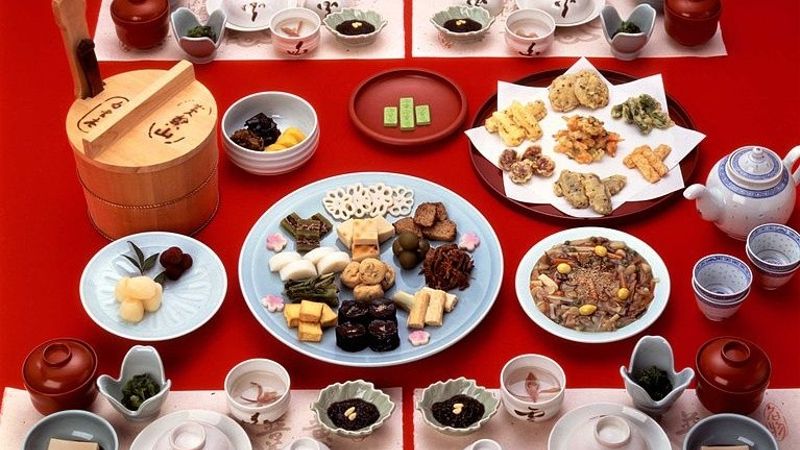
Buddhist monks follow a special diet called shojin ryori, which literally means “food of devotion.” It is based on one of Buddhism’s fundamental principles, that its adherents must not “take life” or kill living things. Interestingly, this extends not only to animals but also to certain bulbs and root vegetables. The monks believe that to eat a plant such as onion or garlic would be to kill it, and they therefore do not use these in their cooking.
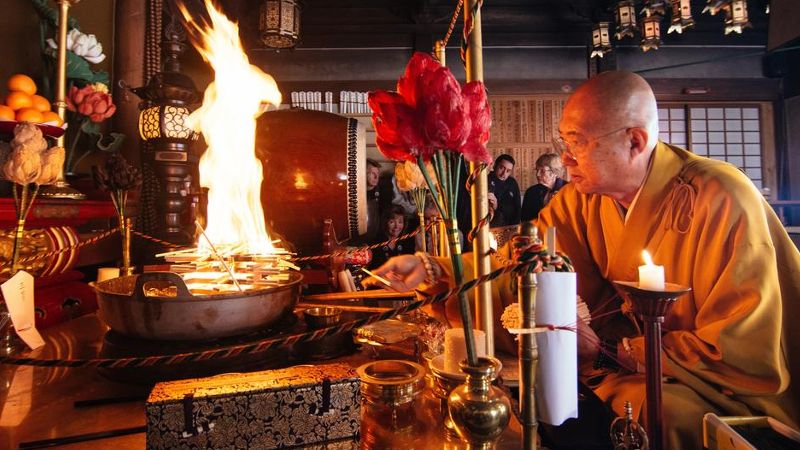
The second attraction is the morning liturgical ritual. This ritual will differ between temples, as every sect of Buddhism has unique traditions. It may include collective meditation, an esoteric fire ritual, or the recitation of sermons called sutras. Attendance is not mandatory for visitors. The rituals typically take place very early in the morning, at 5 or 6 am.
A meditation session may also be held in the early afternoon. You will also be able to stroll the temple grounds, enjoy its garden, and visit the communal gender-separated baths.
Cover photo: TEMPLE HOTEL Takayama Zenkoji by Fabien Recoquillé
